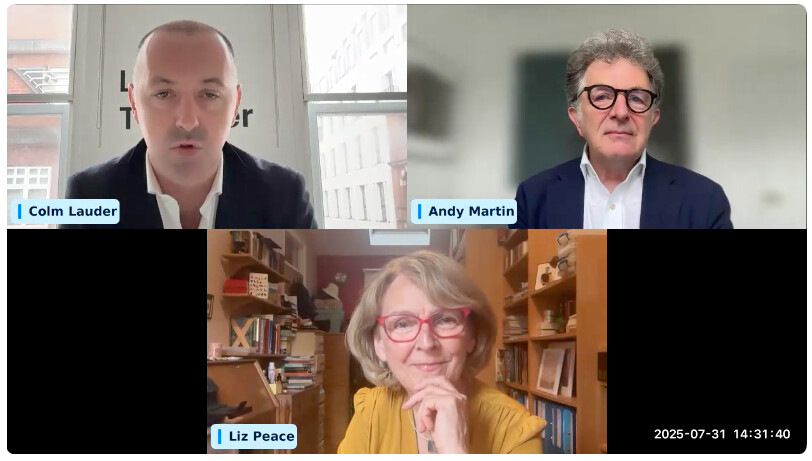We are a global strategic communications consultancy led by two of real estate’s most respected and best-connected advisors.
We have a 20-year track record providing honest, independent advice. We use our deep technical understanding of real estate and investment banking, together with our vast network of contacts to solve problems and help manage your reputation.
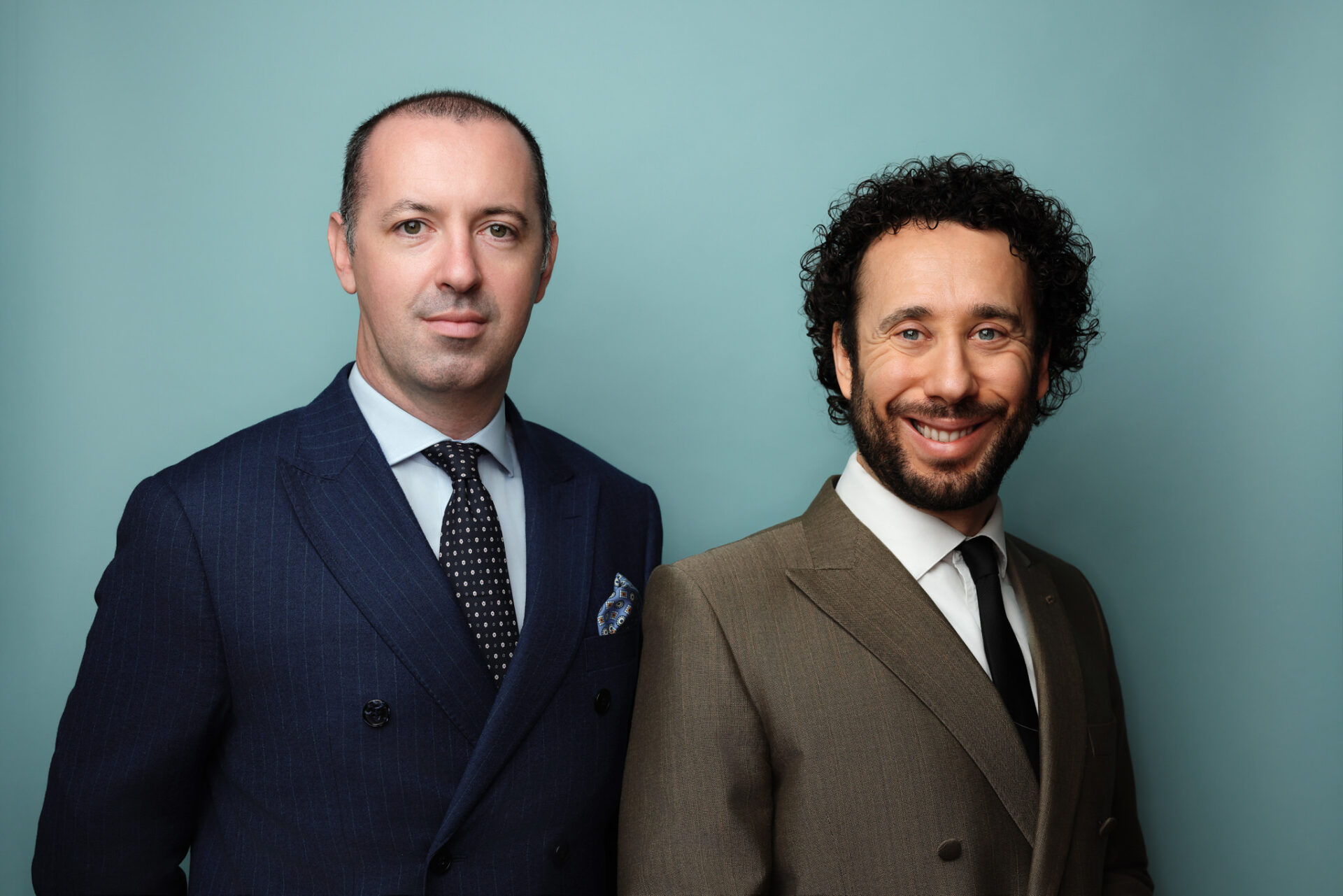
Services
We provide independent, trusted advice to public and private companies around a range of disciplines, each underpinned by experience, technical financial expertise and a vast network of contacts.

Strategic Communications
Full-service communications support for projects or campaigns covering anything from corporate and financial PR to crisis management.

Investor Relations
Leveraging our investment banking experience, we bridge the gap between financial PR and regulated banks by providing tailored support.

Public Affairs and Advocacy
Solve problems or build campaigns to support local projects or policy change, through research, data analytics and planning expertise.
Insights
Having a strong technical understanding matters in a cyclical property market, where conviction and timing are of critical importance. Lauder Teacher consistently produces thoroughly researched, analytical thought leadership for our clients and the wider market. We are pleased to share some of our latest views and insights here.
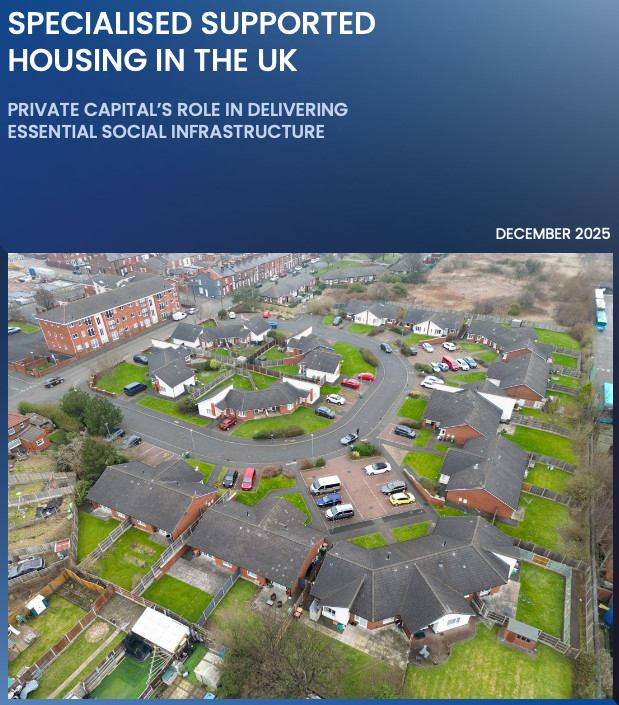
Lauder Teacher launched its new report, Specialised Supported Housing in the UK: Private capital’s role in delivering essential social infrastructure, on Tuesday, 2nd December. Prepared by the Lauder Teacher research team, it represents the first ever thorough, end-to-end analysis of the UK Specialised Supported Housing sector from a capital markets perspective.
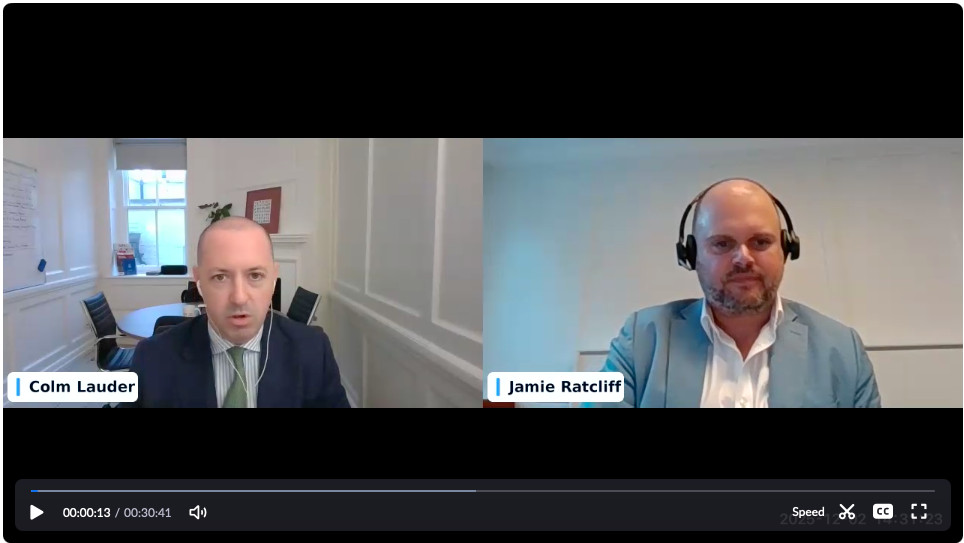
On Lauder Teacher’s recent Louder Teach In, Jamie Ratcliff, co founder of Place Base and deputy chair of The Housing Forum, offered a sharp, market rooted take on what the Budget does, and does not, mean for housing supply, affordability, and investment.
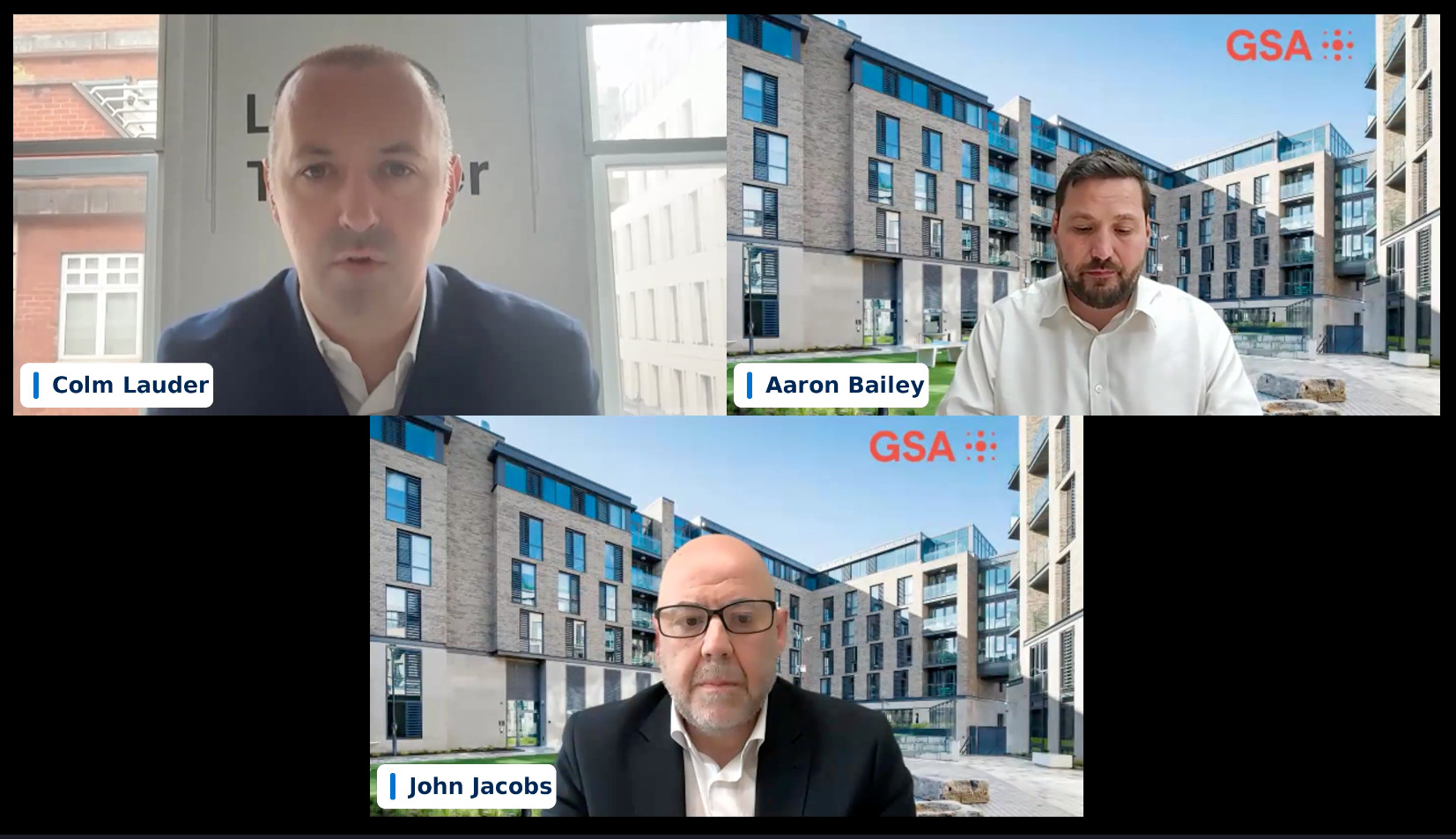
Last month, Lauder Teacher hosted the latest session in our Think-In series, focusing on purpose-built student accommodation (PBSA) in Ireland. We were joined by John Jacobs, Global Head of Capital Markets at Global Student Accommodation (GSA), and Aaron Bailey, GSA’s Head of Real Estate.
Podcasts
PropCast is an award-winning property podcast hosted by Andrew Teacher in association with Property Week. Since 2017, PropCast has interviewed CEOs and senior figures from every major listed and private investor, alongside a multitude of other exceptional guests. No topic is off the table. From finance and AI to development and construction, these unique and unscripted conversations navigate fascinating personal experiences and inspiring professional journeys, with plenty of humour and market insight thrown in for free.
In this week's PropCast, in partnership with Property Week, Andrew Wishart, senior UK economist at Berenberg, talked through where the UK economy really stands, what the next 12–24 months might look like, and what all of this means for real estate investors, developers and occupiers.

